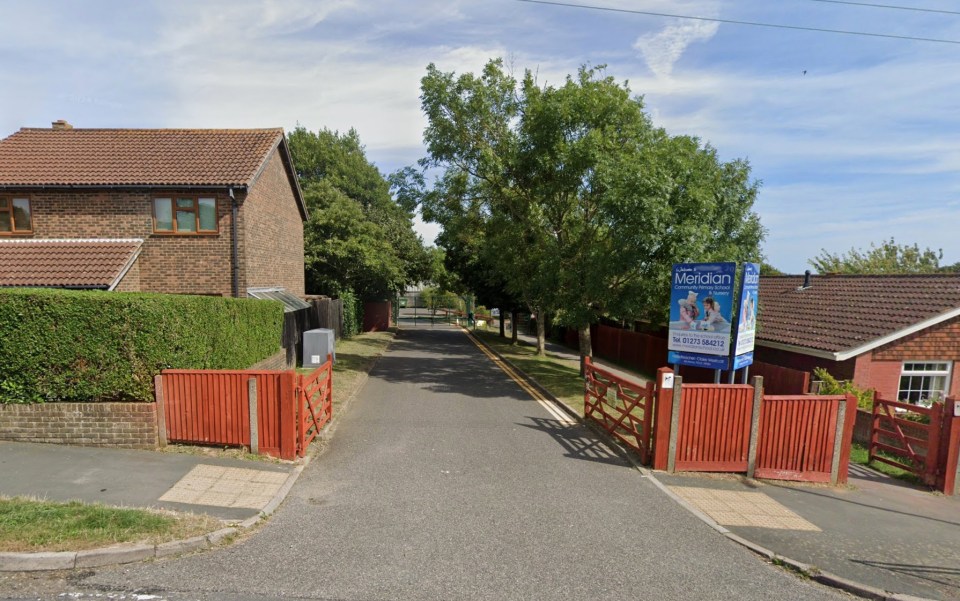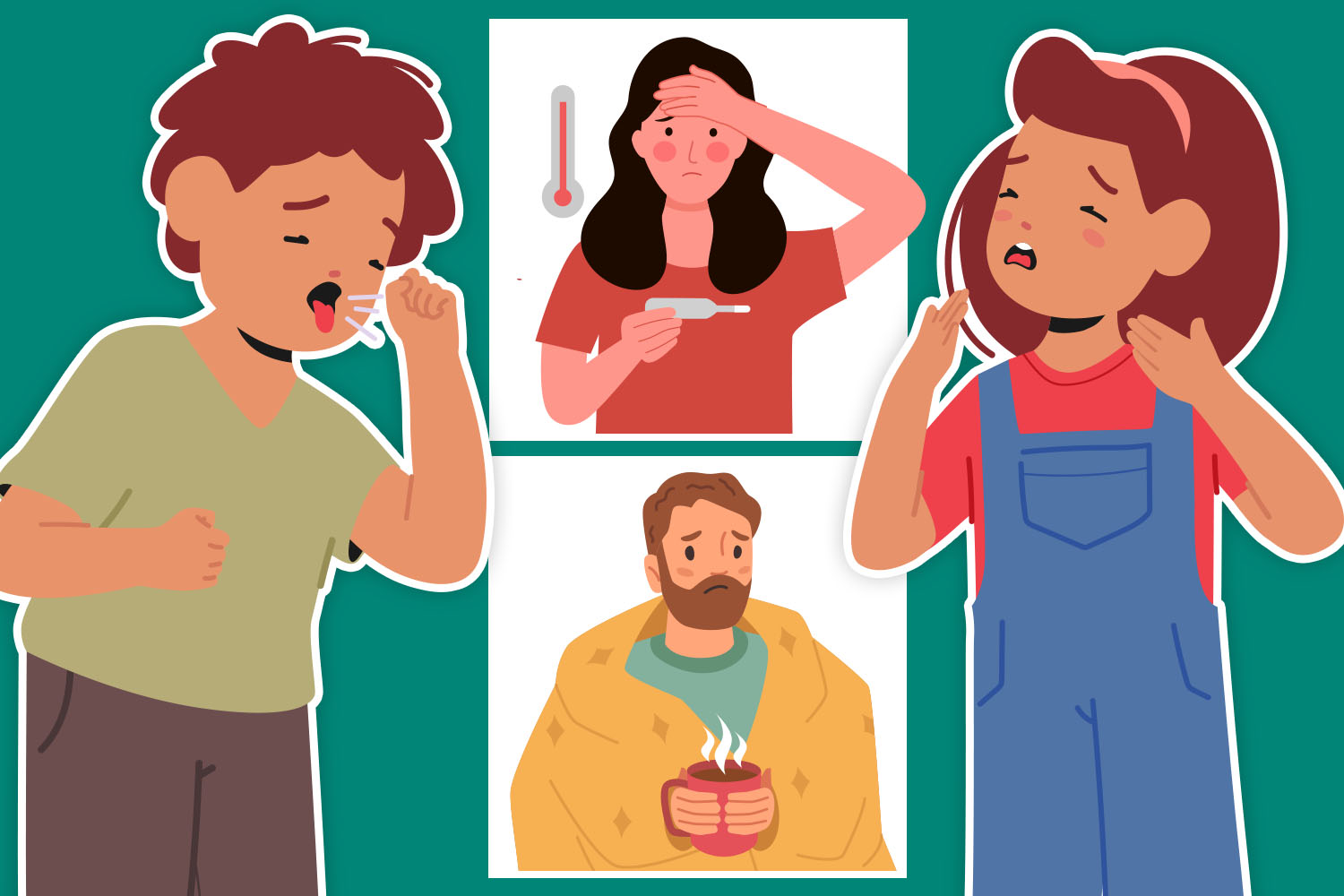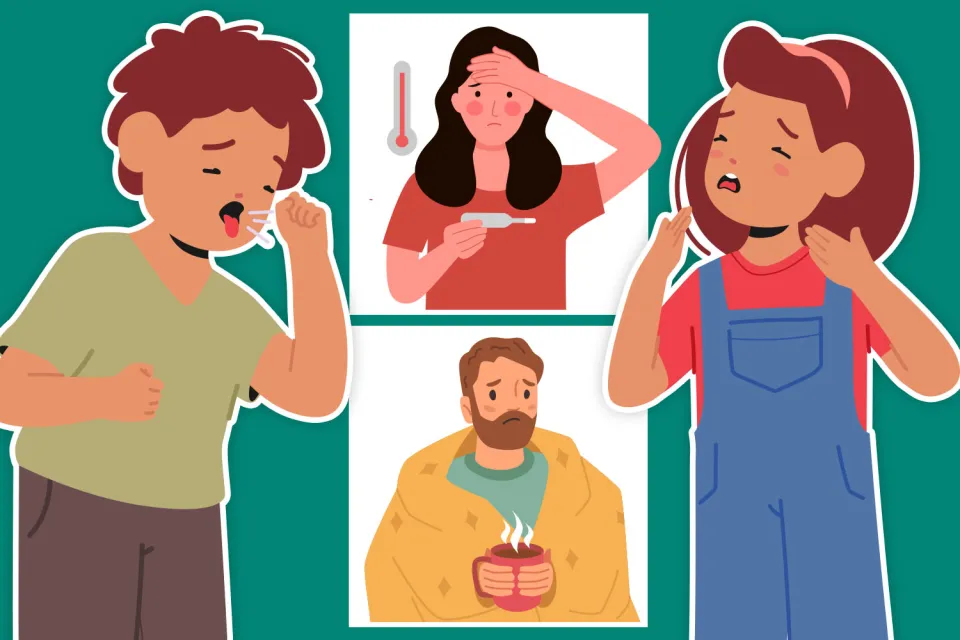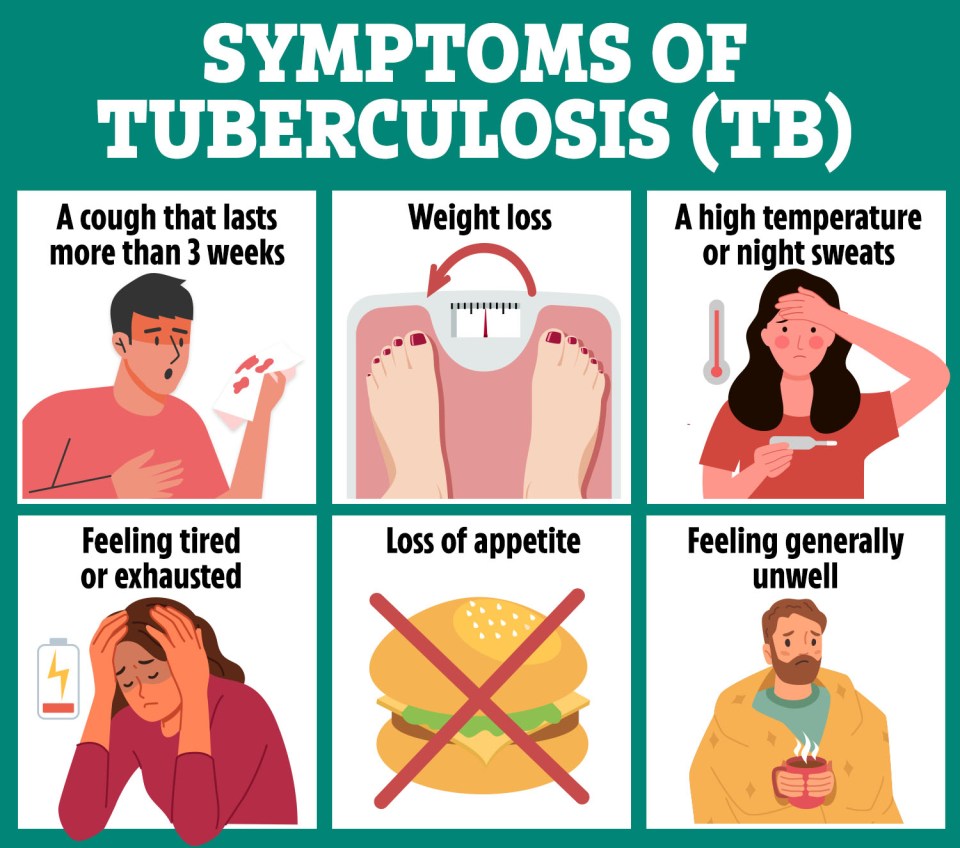A CASE of the “world’s deadliest infectious disease” has been detected in an East Sussex primary school – prompting a reminder of symptoms to look out for.
The UK Health Security Agency (UKHSA) has confirmed a case of tuberculosis (TB) at Meridian Community Primary School in Peacehaven.
3
Health officials are calling TB a “serious public health issue in England”
3
The Tb case was confirmed at Meridian Community Primary School in Peacehaven, East SussexCredit: Google
Parents and staff at the school were sent a letter on March 27 informing them of the case.
The UKHSA’s South East’s Health Protection Team is now working with specialist TB nurses at the school, after it was confirmed a staff member had been infected.
Children and staff in “regular and close contact” with the case will need blood tests at Royal Alexandra Children’s Hospital this week as a precaution.
“We are working closely with the school and following national guidelines, which include identifying those with greatest contact and arranging TB screening for them,” Natalie Adams, from UKHSA’s South East team, said.
Read more on tuberculosis
“As a precautionary measure we have decided to offer screening to some of those in the school to ensure no further onward transmission,” she told The Sun.
TB is considered the deadliest infectious disease, killing about 1.3 million people globally each year – more than HIV/AIDS and malaria combined.
It is not as common in the UK as it is elsewhere in the rest of the world but in recent years, there has been a resurgence.
The disease has plagued people for thousands of years and was a main cause of death in the UK in the 18th and 19th century.
In 2023, there were 4,855 people with TB in England – an increase of 11 per cent compared with 2022, according to official government figures.
The increase in cases is seen in both UK born and non-UK born people (after cases steadily rose among people born outside the UK for a number of years).
HSE in urgent ‘don’t regret it later’ alert as they warn cough lasting three weeks could by cancer symptom
In July 2022, Brits were urged to be on the lookout for signs of the deadly Victorian disease after an outbreak at a university in Wales.
Health officials are now calling the highly infectious bug a “serious public health issue in England”.
TB is a potentially serious infectious disease caused by bacteria, primarily affecting the lungs, but can also affect other parts of the body.
It’s spread through the air when someone with active TB coughs, sneezes, or speaks.
TB symptoms
Although TB is a major threat, the case numbers are still relatively low, and so most people likely do not know what the symptoms are.
Natalie from UKHSA said: “It is important that everyone is aware of the symptoms of TB, which include a prolonged unexplained cough, fevers, and weight loss.
“Greater awareness can mean the condition is diagnosed much faster.”
Symptoms usually come on gradually – the NHS says there are six common symptoms:
- a cough that lasts more than three weeks – you may cough up mucus (phlegm) or mucus with blood in it
- feeling tired or exhausted
- a high temperature or night sweats
- loss of appetite
- weight loss
- feeling generally unwell
Children may also have difficulty gaining weight or growing.
3
If TB has spread to another part of your body such as your glands (lymph nodes), bones or brain, the following symptoms may occur:
- swollen glands
- body aches and pains
- swollen joints or ankles
- tummy or pelvic pain
- constipation
- dark or cloudy pee
- a headache
- being sick
- feeling confused
- a stiff neck
- a rash on the legs, face or other part of the body
Sometimes you can have TB in your body but have no symptoms. This is known as latent TB.
If you have TB and you have symptoms, it’s called active TB.
Anyone can get TB, but some people are more likely to get it or get more seriously ill from it.
For example, if you have a weakened immune system, such as people with HIV, a kidney transplant, or those having certain treatment like chemotherapy.
Children under the age of five and people who regular smoke and drink alcohol are also at higher risk, as well as people who have had TB before and it wasn’t treated properly.
One of the best ways to protect yourself from TB is with the vaccine…
Tuberculosis vaccination
THERE is a vaccine for tuberculosis (TB) called the BCG vaccine.
It’s recommended for people who are at higher risk of catching it or getting seriously ill. This includes:
- babies who live in areas of the UK where TB is more common
- babies and children who live with someone who has TB
- babies and children who were born or lived in a country where TB is more common
- babies and children whose parents or grandparents were born in a country where TB is more common
- people aged 35 and under who are spending more than three months in a country where TB is more common
- people at risk of getting TB through their work, such as healthcare workers who work with people who have TB
Most people who are eligible for the BCG vaccine can have it.
But it’s a live vaccine, which means it contains a weakened form of the TB bacteria, and it is not suitable for everyone.
Source: NHS


